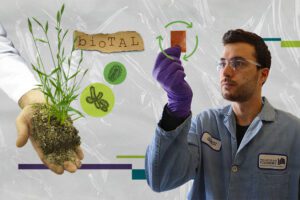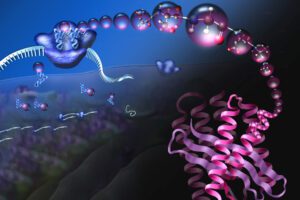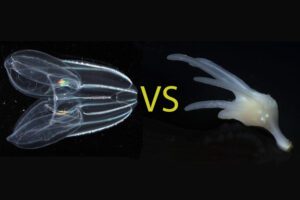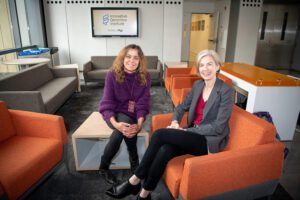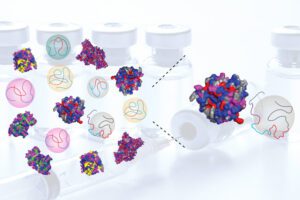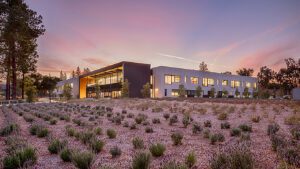
Iain Clark selected as Innovation Investigator by Arc Institute
September 20, 2023
Iain Clark, assistant professor of bioengineering, was named an Innovation Investigator by the Arc Institute, a scientific research organization pioneering new models for scientific discovery and translation. As a member of the inaugural Innovation Investigators program, Clark will receive $1 million over five years to pursue “curiosity-driven, ambitious research.” Clark was among nine researchers selected from…
